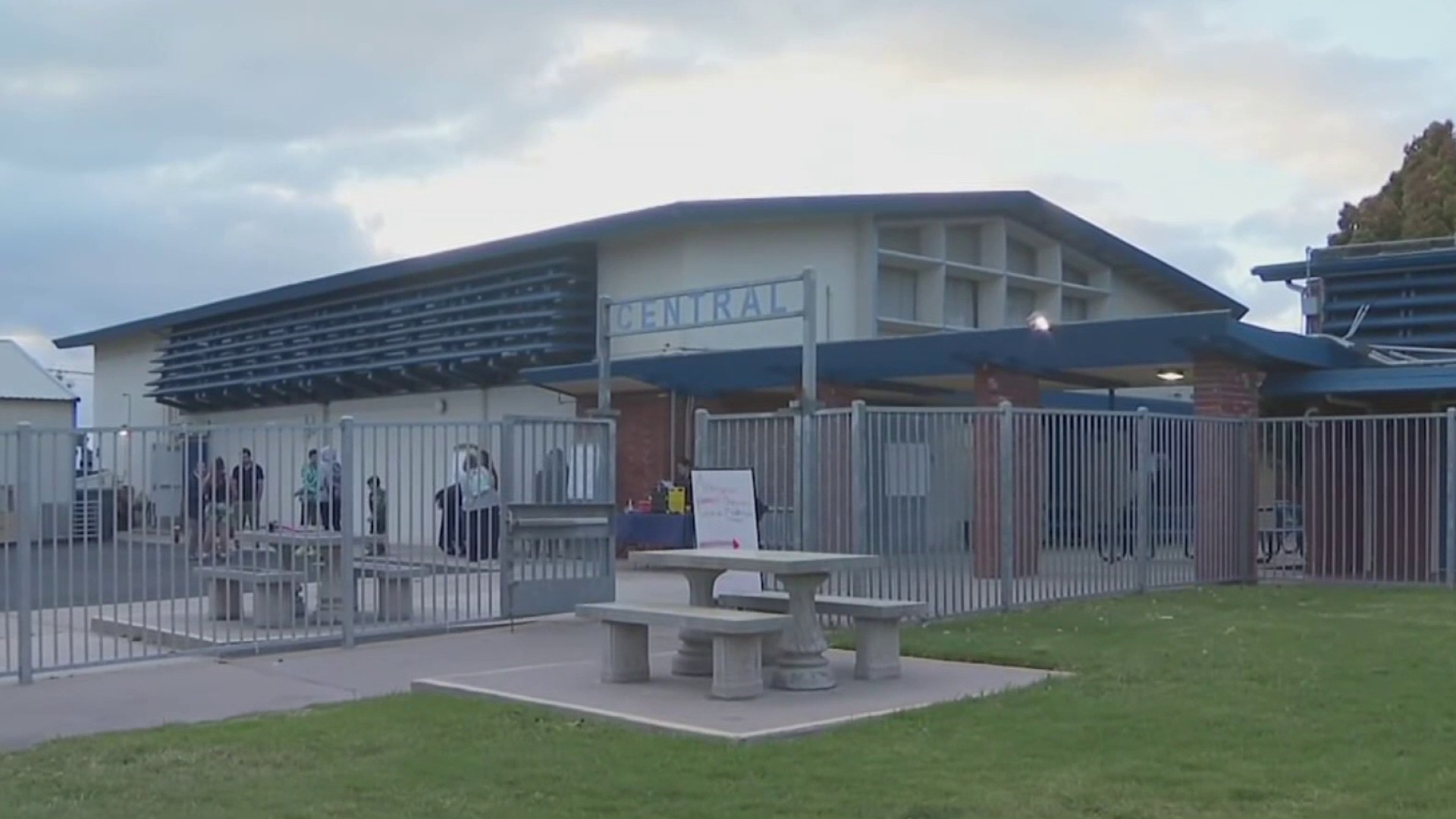There was no question about the damage caused by a drunken, hit-and-run driver, whose truck broadsided a sedan in Otay Mesa, in May 2017.
Lennox Lake, just six-years-old and returning home with his parents from a day at Disneyland, was critically injured in that collision.
But the question of who caused the accident wasn’t so clear. There were two men inside the truck when it hit the car; both of them insisted the other was driving.
San Diego Police determined that Constantine Banda-Acosta was the driver, leading prosecutors to charge Banda with felony DUI, hit-and-run, and other crimes.
But Banda’s lawyer told NBC 7 Investigates that problems with the interpretation of Banda’s answers to a detective’s questioning and Banda’s efforts to make it clear that he was not the driver, caused a rush to judgment by police and prosecutors.
Defense attorney Juliana Humphrey told NBC 7 Investigates that doubts about the accuracy of the interpretations were a cornerstone of her successful defense during two trials, both of which ended with hung juries.
After the two trials, a judge decided to dismiss all felony counts against Banda.
Local
Police body camera video of Banda’s interrogation, obtained by NBC 7 Investigates, confirms the bilingual officer who assisted the English-speaking detective did not convey Banda’s answers accurately.
In his initial statement, Banda told the officer that he was not driving when the truck hit the Lennox family’s car.
“That the first thing out of his mouth, is, ‘I wasn’t driving.’ So that’s a huge thing,” Humphrey said.
At first, the bilingual officer didn’t acknowledge what Banda was saying and asked if he understood what the detective was telling him.
Humphrey told jurors that similar interpretation-related miscues during Banda’s interrogation caused police to discount Banda’s credibility.
“They didn’t give him any benefit of the doubt at that time,” Humphrey said. “They did not think what he was saying was credible, and did not plan on following-up on anything he was saying. The detective just assumed he was driving the entire time, and that he was lying.”
Art Castanares was a juror in Banda's second trial. Castanares told NBC 7 Investigates he was one of five jurors who refused to convict Banda.
Castanares is a native Spanish-speaker, who said he quickly noticed the translation problems heard in the body-camera video of Banda’s interrogation and attorney Humphrey’s focus on problems with the interpretation were crucial evidence in the case.
"It was a disservice to have a translator, a police officer, who wasn’t certified, and who doesn’t speak Spanish perfectly, translating for a guy whose life is on the line,” Castanares said.
A San Diego Police Department spokesman would not respond directly to those criticisms but defended his department’s handling of the Banda case.
Lt. Brent Williams said the department’s bilingual officers must pass a test, and periodic re-tests, of their “ability to listen in one language and orally convert it to another language while retaining the same meaning.”
Lt. Williams said that testing is done by the city’s personnel department, not the police department, to maintain independence and assure quality.
To read the San Diego Police Department’s full response to this story, click here.
Anthony Colombo, a veteran San Diego defense attorney, said he has seen similar problems with federal law enforcement interpretations during investigations along the U.S. / Mexico border.
“It's not an isolated incident,” Colombo said of the Banda case. “I do think it’s a recurring problem.”
Colombo said a faulty interpretation by U.S. Customs agents led to the wrongful arrest and trial of his client, a Spanish-speaking farmer living legally in the U.S.
Colombo said the farmer was hauling a semi-trailer stacked with wheat from Baja into San Diego when drug-sniffing dogs were alerted to his cargo. He said his client was unaware that drug dealers had hidden more than 200-pounds of marijuana inside his tractor-trailer.
English-speaking Customs agents, with help from a Spanish-speaking colleague, questioned the farmer.
"He said he was hauling 'trigo', for which the proper translation is 'wheat',” Colombo recalled. “The agent, who was not a native Spanish speaker and not a certified interpreter, translated that as "grass", so as a result, the agents believed my client had confessed to the crime."
Colombo said questions about that interpretation had a vital role in his client’s trial, in which the jury learned that the agents were not native Spanish-speakers and had no advanced language training.
Colombo said the agents testified, and to their credit, acknowledged mistakes were made.
He said the jury acquitted the farmer.
Representatives of the Immigration and Customs Enforcement (ICE), Customs and Border Protection (CBP) and The Department of Homeland Security (DHS) did not respond to NBC 7 Investigates’ questions about problems associated with their questioning of Spanish-speaking suspects and witnesses.
Humphrey, Castanares, and Colombo said law enforcement should use certified, independent interpreters, who have no stake in the outcome of an investigation, to assist English-speaking detectives investigating serious crimes or with suspect interrogations.
The lawyers acknowledge that such a program could be expensive, but argue that highly accurate, neutral translations are worth the cost.
"If there's one mistake, and one innocent person is prosecuted or as a result is convicted, that's one too many," said Colombo.
Colombo said he predicts that the Trump administration’s new “zero-tolerance” policy on illegal immigration will lead to more language-related problems, as border and customs agencies are stretched thinner, and work under more pressure and time constraints.



